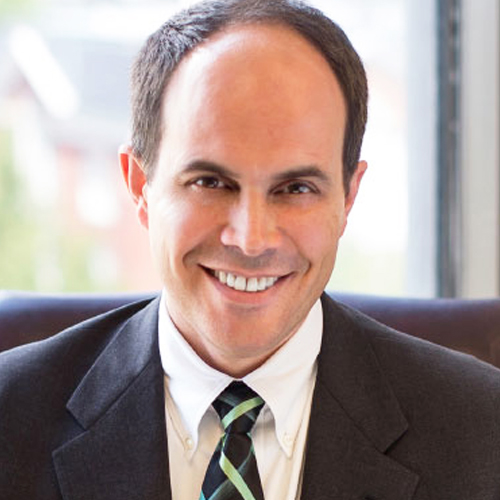The financial exploitation of older Americans by their own families, friends, acquaintances, and salespeople is a serious problem in our country – particularly as the number of older citizens increase. It is estimated that more than 2/3 of elder abuse perpetrators are family members.
If you suspect that an elderly person is being preyed upon financially, it is important to speak up. Here are some common warning signs that an older person could have been exploited by those around them (caregivers, family members, those in positions of trust):
- Unusual or large withdrawals or transfers from bank accounts, or large credit card charges that the older person can’t explain.
- Checks that are missing or include suspicious signatures.
- An individual who suddenly forms a close relationship with the older person, getting easy access to his or her home, money, and other property.
- Newly executed documents, such as a will or power of attorney, that the Senior doesn’t seem to understand.
- Changes in account beneficiaries or authorized signers.
- A large number of unpaid bills.
- Missing property.
- Entry forms and prizes from contests, and payments made for “free” vacations or other merchandise.
- Untreated physical or mental problems, including a dramatic change in mood or disposition, or other evidence of substandard care.
- Sudden social isolation.
- Afraid to speak in front of caregiver/companion/family member.
- Purchased items Senior can’t use, such as a lifetime membership at a gym.
- Senior’s account shows activity the Senior couldn’t have done, such as making an ATM withdrawal when the Senior is bedridden.
What to Do if you suspect elder financial abuse?
You should first have a long discussion with the person you feel is being victimized by financial abuse. Make them aware that you have their best interest at heart, and you want to help them protect their financial security. Try to understand that, oftentimes, an elderly person’s loneliness contributes to their increased risk of financial abuse.
You should report the abuse to the proper authority. In Tennessee, anyone can report abuse, neglect, or exploitation of an older person by calling the Adult Protective Services Unit of the Tennessee Department of Human Services at (888) APS-TENN or 888-277-8366. In addition, if you believe property has been stolen from your family member or loved one, you should consider consulting an attorney, to see whether there is any recourse in recovering the assets from the perpetrator.
RELATED POSTS:

Rich practices in numerous areas of civil litigation and business law, including commercial litigation, insurance, bankruptcy, employment law, real estate litigation (title insurance defense), landlord / tenant law, collections law, personal injury, workers’ compensation, veterans’ disability, products liability, probate and estate litigation. He advises and represents both individuals and businesses, small and large. Rich’s priority in serving his clients is to provide timely, effective and efficient legal representation and advice, while advocating their interests in the state and federal courts of Tennessee. He cares about people and their individual situations. Rich focuses on being the best advocate for his clients.




